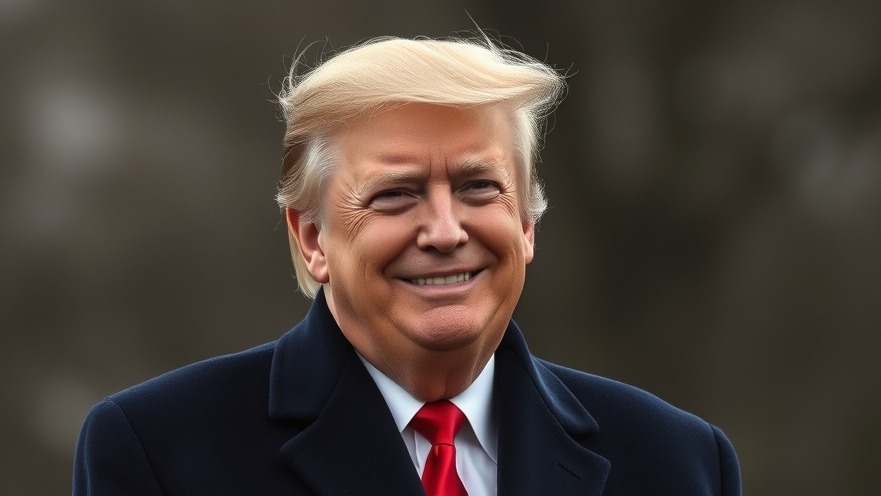
YouTube's $24.5 Million Settlement: What It Means for Censorship
YouTube has made headlines recently by agreeing to pay $24.5 million to settle a lawsuit filed by former President Donald Trump. This agreement marks the closure of a contentious legal battle ignited by Trump’s account suspension following the January 6th Capitol riots. The case raised crucial questions about the power wielded by social media platforms in moderating content, especially that of public figures like Trump.
The Legal Landscape of Social Media Accountability
The U.S. District Court for the Northern District of California documented the settlement, which expressly states that the payment does not imply any acknowledgment of liability or wrongdoing by YouTube or its parent company, Google. Trump's account was suspended due to fears that his posts could incite further violence, placing the tech giant at the heart of a broader debate about free speech and censorship in a digital age.
Various social media platforms, including Facebook and Twitter, took similar actions leading to Trump's lawsuits. The total settlements across all three platforms have now surpassed $59 million, highlighting the significant financial repercussions of these legal battles. In January, Meta (Facebook’s parent company) settled with Trump for $25 million, followed by X (formerly Twitter) agreeing to a $10 million payout. This trend of settlements has drawn criticism from congressional Democrats, who express concern regarding a potential “quid-pro-quo” arrangement intended to circumvent accountability.
Reactions and Implications of the Settlement
Trump's representative characterized the settlement as a “total vindication,” suggesting that it corroborated claims of unjust treatment by social media. The former President intends to move past this chapter, while the settlements have invoked scrutiny from lawmakers. A group of senators, including Elizabeth Warren (D-Massachusetts), sent an open letter voicing concerns that such financial agreements could allow companies to escape full responsibility for their moderation practices and potentially violate federal bribery laws.
These issues underscore a broader dialogue about the responsibilities of social media platforms when it comes to content moderation, especially regarding political figures. As these companies gain unprecedented influence over public discourse, the implications of their actions extend far beyond individual cases, shaping the landscape of free speech and accountability online.
Future Predictions for Social Media Platforms
The rise of social media's power in shaping political narratives is likely to prompt further scrutiny and regulation moving forward. As legal battles continue, there will likely be increased pressure on tech companies to establish clear and fair policies regarding content moderation. This means transparency will become not just a public demand but a legal obligation as debates around free speech grow more fervent.
Cultural and Societal Impacts of the Settlements
The implications of these legal outcomes resonate deeply within society. As users, there is an essential conversation about the impact of such large financial settlements on the relationship between platforms and their users. Many Americans view social media as an extension of public life, and disruptions to the flow of information can have significant socio-political ramifications.
Furthermore, it raises a common misconception that social media can be treated like traditional media entities. Unlike newspapers, which have established clearance methods and accountability mechanisms, social media is often unregulated and lacks robust checks and balances. The evolving nature of these platforms means that the vulnerabilities and risks associated with content moderation are more pertinent than ever.
The Path Forward
As we analyze the implications of YouTube's settlement, it’s crucial that users advocate for clear policies that ensure accountability and transparency from social media companies. Consumers hold power, and as debates about censorship persist, informing oneself and demanding better practices from these platforms is a vital step toward ensuring that freedom of expression thrives, even in an era defined by digital communication.
Stay informed about legislative developments and platform policies. Awareness is key in navigating the evolving landscape of social media, especially as discussions about freedom of speech and accountability continue to shape our digital experiences.
 Add Element
Add Element  Add Row
Add Row 



Write A Comment